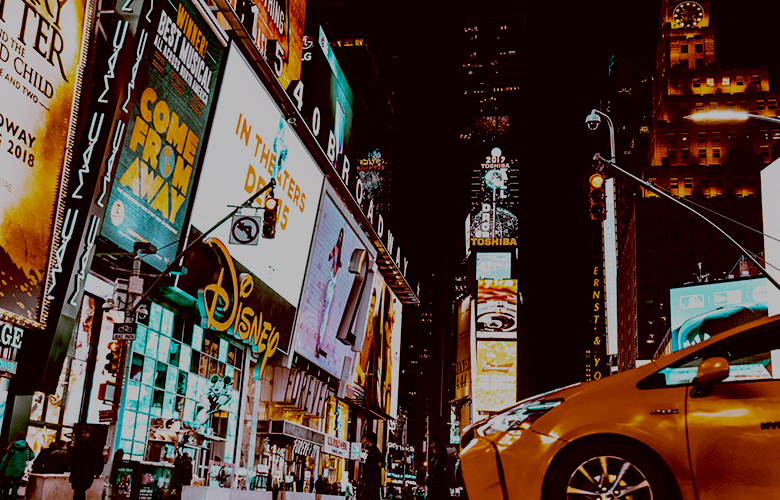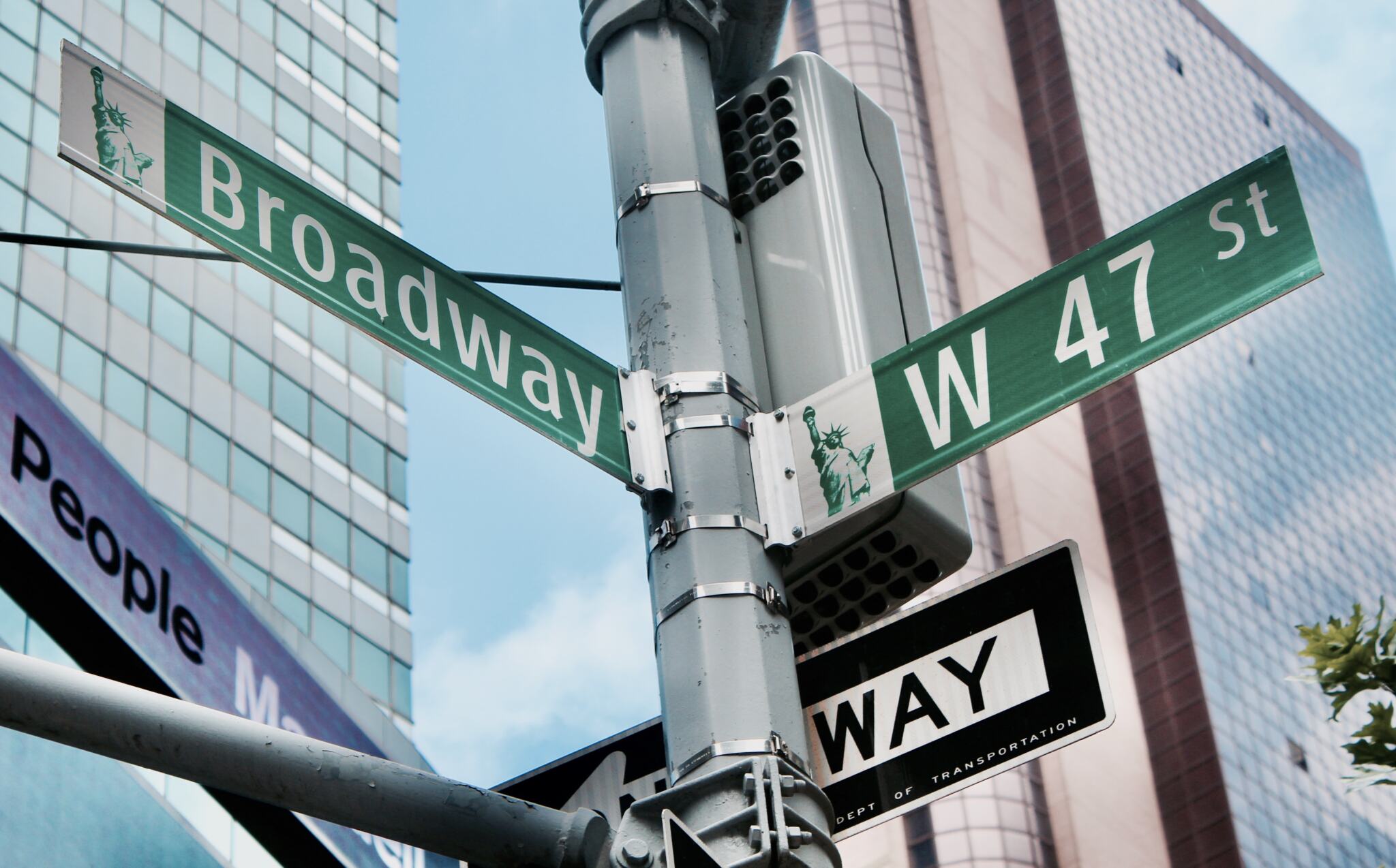
No financial crash, no vocal disease silencing every working actor, and no amount of water flooding the city allow Broadway theatres to cease activities on their own. These houses won’t be covered by insurance if they do so without a government sanction. Such reality is why several members of the Broadway community repeatedly pleaded with New York’s governor and the Broadway league to shut down the Big White Way, given the situation that our world has been immersed in since the beginning of 2020.
Performances for minimum audiences with spectators seated in different rows and at two meters from each other had been envisioned prior to this announcement, but such a scenario did not take performers and ushers into consideration. The first group has constant physical contact with each other and technicians while the latter handles tickets and closely interacts with audience members. The current ban goes on until April 12th, when the situation will be re-assessed.
Some shows have reached the point of simply going from one performance to another without worrying about recuperating their initial investment. Unlike lesser-known productions, musicals like Phantom of the Opera, Wicked, or The Lion King have been in a “making profits phase” for many years. NYC-based casting director Andrew Femenella pointed out that Broadway’s current top seven shows, from Hamilton to Chicago and everything in between, earned a total of 8.2 million in the first week of March alone. This fact brought him to suggest the creation of an emergency fund for performers, technicians, and other people affected by the shutdown. Even if half of that amount is usually spent on salaries and these productions’ technical costs, even the smallest percentage of those revenues would be a tremendous help at this time. These high-grossing productions would still have a common income of four million dollars in the end.

Given how much an award or even a few nominations can do for a show, just marketing-wise, all these new productions are now facing a dilemma. Sixteen of them had planned to open on Broadway by April 23rd, this year’s Tony Awards’ submission deadline, and have already spent important amounts on publicity for premieres that have already been canceled or postponed. Is the money loss ensuing from the shutdown too important that opening whenever the ban gets lifted is now in jeopardy
Every day and every representation counts when it comes to making your investment back. Will it be possible for these shows to do so without March’s performance weeks? Or April’s?
Finally, since arts and entertainment are often seen as “icing on the cake” or some form of an unnecessary splurge, is the industry ready for a slow return or are we looking at a dramatic financial situation that could only be fixed if people all rush to the box office the second that doors re-open? Will these troubled times make this need of being inspired and entertained constantly grow within everyone so that shows will appear like a badly needed breath of fresh air or something more than “icing on the cake?” Until answers and remedies are found, let’s take advantage of those live streaming on the web, plays being broadcast on the radio, grab a book, and enjoy your favorite show’s soundtrack in your headphones!
An Artist’s Body is its Beating Heart
Advice for Performers: Read Your Contract!


Impassioned by performing arts, Martin Frenette started intensive dance training at a very young age before trading pliés and barres for ropes and somersaults at Montreal's National Circus School. He has spent a decade in Europe, performing in various productions. Circus Monti, Chamäleon Theater, Wintergarten Varieté, Cirque Bouffon, GOP Show Concepts, and the Friedrichsbau Varieté have allowed him to grow artistically and humanly. Martin has also invested time working as an artistic consultant, director, and choreographer for both circus and dance projects. He enjoys splitting his time between Europe, Canada, and the US, working on stage and creating for others. Writing has always been a big passion of his and he's thrilled to share his views on shows, the stage, and what's going on behind the scenes with other performing arts enthusiasts!
Read Full Profile© 2021 TheatreArtLife. All rights reserved.

Thank you so much for reading, but you have now reached your free article limit for this month.
Our contributors are currently writing more articles for you to enjoy.
To keep reading, all you have to do is become a subscriber and then you can read unlimited articles anytime.
Your investment will help us continue to ignite connections across the globe in live entertainment and build this community for industry professionals.